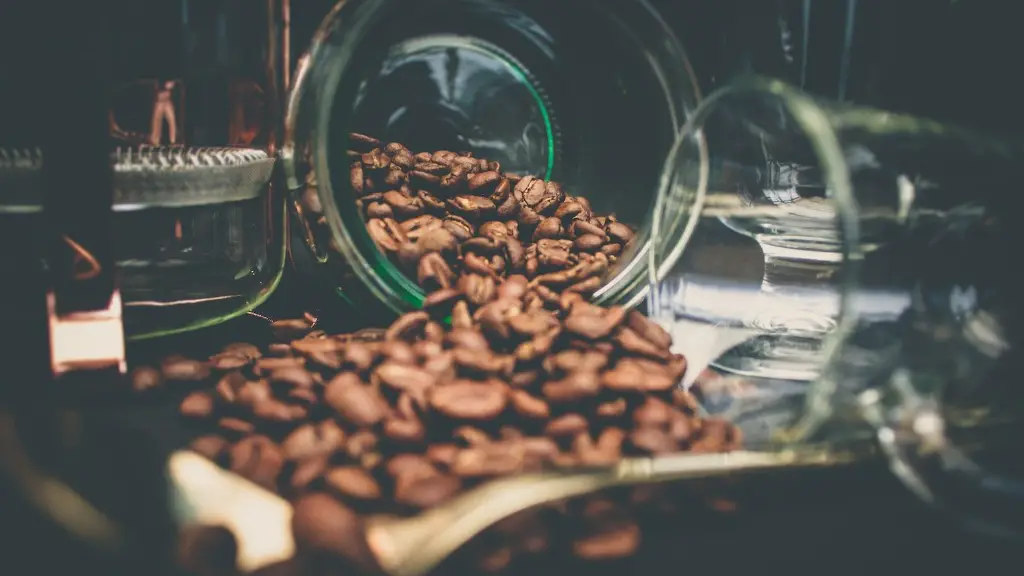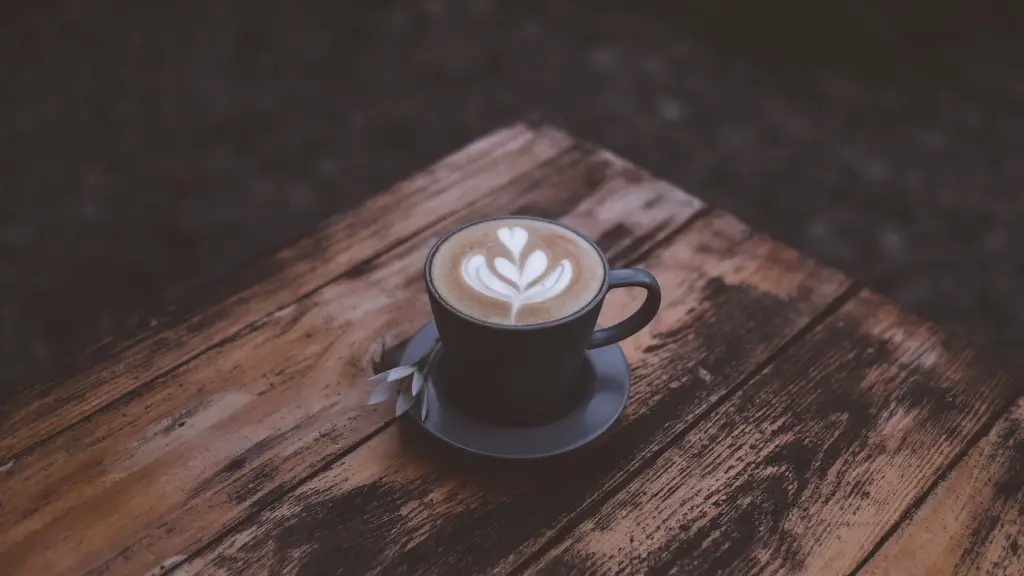Biological Timing
Coffee is an integrated part of the daily rituals for millions of people around the world. For many, it’s part of the breakfast routine and an essential jump start for their morning routine. But if you’re looking to maximize the effects of coffee, timing is key. Coffee has a powerful impact on our bodies, but drinking coffee at the wrong time of day will compromise the benefits.
Experts recommend consuming coffee upon waking. Our bodies contain a special hormone called cortisol that helps the body prepare for wakefulness and better regulate its energy levels. Cortisol is naturally released between 8 and 9 a.m. – hence, consumers should opt to drink coffee between 8 and 9 a.m. to target this natural hormone pattern.
This timeframe of 8 – 9 a.m. is most beneficial as it aligns with our body’s natural circadian rhythms. Our circadian rhythms are the internal rhythms that regulate our sleep-wake cycle, and they’re especially sensitive to light. This means that the best time to drink coffee is when the sun is just rising so the caffeine will be most effective.
Our bodies revive and replenish their energy reserves best when we wake up. Drinking coffee in the morning energizes us before our energy stores have been drained, which is why coffee is so effective.
Coffee Interactions with Nutrition
It’s important to remember that coffee interacts with what we eat as well. Any coffee we consume should be paired with a nutritious breakfast, such as fruits, whole grains and proteins. This combination results in a slow-releasing energy boost that sustains the body’s energy throughout the day.
Coffee drunk on an empty stomach can lead to potential adverse effects, such as the jitters and an acidic stomach. While coffee won’t necessarily harm our bodies if consumed on an empty stomach, it will reduce its effectiveness when our bodies need energy most.
The simple solution to this issue is to enjoy coffee after eating something nutritious. This prevents the caffeine in coffee from interacting with an empty stomach and instead boosts the food’s nutritional value.
Coffee Afternoon Routines
Most people can benefit from drinking coffee in the morning, so long as it’s paired with a healthy breakfast. However, some individuals may find that caffeine makes them feel restless and can affect their sleep cycles.
For consumers in this category, it may be effective to have their last cup of coffee no later than 2 p.m. Aside from regulating sleep cycles, this will ensure that the body won’t experience a massive slump in mid-afternoon.
On the other hand, for those in search of an energy boost for the afternoon, a cup of joe can be helpful. People drinking coffee in the afternoon should pair it with a healthy snack, like a piece of fruit or a hard-boiled egg. Focusing on nutritious foods will provide the body with a sustainable energy boost, allowing individuals to work more productively and efficiently throughout the afternoon.
Coffee in the Evening
If you’re looking to stay productive after work, you may want a cup of coffee. But while a cup of late night coffee can give you the extra push you need to finish a project, it should be consumed with caution.
If you drink coffee later than 7 p.m., you may disrupt your circadian rhythms or have difficulty sleeping.
To stay productive and clear-headed in the evenings, try decaffeinated coffee and herbal beverages instead. Decaffeinated coffee will provide the same comforting richness without the jitters and the alertness.
The Benefits of Coffee
Studies show that coffee is full of health benefits. Coffee is loaded with antioxidants, potassium and other vitamins, which can give consumers a healthy boost to their immune system and reduce their risk of developing diseases.
Caffeinated and decaffeinated coffees have been linked to mental clarity and alertness, which are beneficial for morning productivity. Additionally, coffee can also help us stay focused for longer periods of time.
Finally, moderate coffee consumption is linked with reducing the risk of developing diabetes. Coffee helps to keep blood sugar levels stable, reducing the associated risks and improving overall health.
Limiting Coffee Intake
While coffee can be beneficial, it should generally be consumed in moderation. Excessive coffee can lead to adrenal fatigue, in which the body cannot sustain or manage the energy produced by caffeine.
Individuals drinking more than 3 cups of coffee per day should limit their intake to 1 or 2 cups. This will risk overstimulation and feeling tired shortly after consuming the caffeine, leading to lower productivity and alertness.
Additionally, individuals drinking more than 4 cups of coffee per day may find it hard to get to sleep as the caffeine will preserve their alertness. Therefore, avoiding late-night caffeine intake is important for those looking to benefit from coffee.
Tailoring Coffee Consumption to the Individual
Individuals vary in how they process and enjoy coffee, so it’s important to tailor their consumption to their needs. Everyone’s needs and routines are unique – as such, it’s important to experiment and find a specific timing that works best for you.
Everyone should strive to find the best time of day to enjoy coffee to maximize its benefits. A good rule of thumb is to enjoy coffee between 8 and 9 a.m., and no later than 2 p.m. to stay productive and alert.
By understanding when to best drink coffee, you can maximize its effectiveness and productivity, and improve your morning and afternoon routines.
When to Drink Coffee Outside the Home
Coffee can also be beneficial on the go. When travelling, coffee can provide a much needed pick-me-up on the road. But while convenient, coffee on the go can be an acquired taste as many places offer coffee of different qualities.
Coffee outside home should be an exception – as coffee can be expensive when purchased outside the home. When travelling, look to find local coffee shops that produce good quality coffee. Additionally, if taking coffees on the go, look to purchase a reusable coffee cup that can reduce your environmental footprint.
What to Look for in Coffee Beans
When purchasing coffee beans, individuals should look for specific qualities, such as taste and sustainability. Coffee of higher quality will contain natural flavor notes and a pleasing, robust taste. Coffee beans should not have a bitter, roasted or bitter taste as these are usually signs of over-roasting, which can detract from the coffee’s natural flavors.
Look for sources of organic, fair trade and sustainable coffees. Sustainability is an integral part of the coffee industry, as it looks to keep the industry sustainable for future generations. Additionally, buying organic and fair trade coffees provides a chance to support those most involved in growing, harvesting, and producing our coffee.
Additives: Milk, Syrups and Sweeteners
If you’re looking to add milk, syrups and sweeteners to your coffee, here are a few things to keep in mind.
Milk, syrups and sweeteners are a great way to liven up the flavor of your coffee. Syrups, like vanilla, hazelnut and coconut, add an extra dimension to coffee. Sweeteners like sugar, honey and agave can also provide extra sweetness to your coffee.
However, it’s important to note that these additives can add calories to your coffee. Therefore, drinks with milk, syrups and sweeteners should be enjoyed in moderation. When looking to purchase these additives, opt for organic, low-calorie and non-GMO varieties.
Coffee and Health
Finally, it’s important to remember that coffee does have some potential health risks. Coffee contains caffeine, which can have adverse effects on pregnant women and those with high blood pressure.
Additionally, coffee should be consumed with caution if you’re sensitive to its effects or if you have acid reflux. If this is the case, try opting for alternative options, such as decaffeinated coffee or herbal teas.
By considering these potential health risks and limiting coffee intake, individuals can enjoy the benefits of coffee while avoiding its potential adverse effects.
Making Coffee at Home
Finally, home coffee brewing is a great way to maximize the flavor of coffee. At home, individuals have the chance to choose their own coffee beans and explore different flavors. Home coffee brewing is also more economical and environmentally friendly compared to coffee purchased outside the home.
When making coffee at home, it’s important to look for a coffee machine that produces good quality coffee. Take into consideration the size of the machine and the types of brewing techniques it offers.
Additionally, when making coffee at home look to buy specialty coffee beans. Specialty coffee beans are beans of higher quality, free of defects and produced in special, designated regions. Specialty coffee beans are delicious, flavorful and provide a better experience than commodity beans.
By exploring these different options, you can enjoy flavorful specialty coffee at home while saving a few extra dollars.



